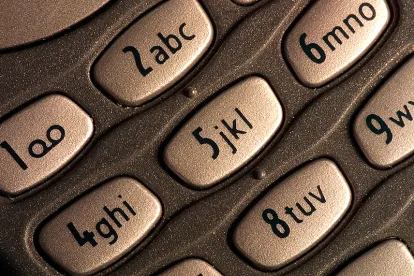We’ve been watching closely as the various Circuit Courts of Appeals grapple with whether a Rule 68 offer of judgment to the named plaintiff in a putative class action can render the case moot even if the plaintiff rejects the offer and wants to keep litigating. As we noted in a previous post, the U.S. Supreme Court is set to resolve the issue soon.
The First Circuit just weighed in and held that a rejected offer of judgment, standing alone, did not divest the court of Article III subject matter jurisdiction in a TCPA class action. Bais Yaakov of Spring Valley v. ACT, Inc., No. 14-1789 (1st Cir. Aug. 21, 2015). Key to the court’s decision was its view that the named plaintiff’s individual claim could be rendered moot only if the claim was “fully resolved” and the plaintiff actually “received complete relief.” The court noted that an unaccepted Rule 68 offer is deemed withdrawn according to the plain language of the rule, and “does not, in itself, provide any relief.”
The court did not address what impact entry of judgment in favor of the named plaintiff in accordance with an offer of complete relief might have on subject matter jurisdiction. Although ACT raised the possibility of that course of action, the court noted that ACT did not identify any rule authorizing or requiring a court to enter judgment in accordance with an unaccepted Rule 68 offer. Interestingly, although the court in its Rule 68 analysis referenced the dissenting opinion in Genesis Healthcare v. Symczk, 133 S. Ct. 1523, 1536 (2013) (Kagan, J., dissenting), the court appears to have overlooked Justice Kagan’s observation that courts have “discretion to halt a lawsuit by entering judgment for the plaintiff when the defendant unconditionally surrenders.”
The court identified, but did not resolve, several other issues surrounding the mootness determination in the context of an unaccepted Rule 68 offer. For example, the court questioned the proper standard for determining whether an offer actually provides complete relief, what qualifies as an ongoing economic stake in a matter under Deposit Guaranty National Bank v. Roper, 445 U.S. 326 (1980), and whether Roper remains good law as the Supreme Court called into doubt in Genesis Healthcare, 133 S. Ct. at 1532 n.5. Although the court ultimately rejected ACT’s mootness argument, it observed “we cannot claim to have achieved any lasting equilibrium insulating class actions from pick-off attempts” and lamented that “uncertainty will reign” until the Supreme Court provides more comprehensive guidance.




 />i
/>i

